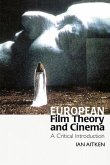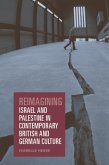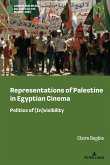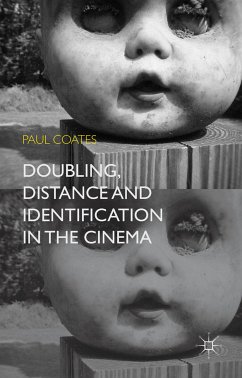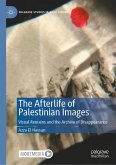Although in recent years, the entire world has been increasingly concerned with the Middle East and Israeli-Palestinian relationship, there are few truly reliable sources of information regarding Palestinian society and culture, either concerning its relationship with Israeli society, its position between east and west or its stances in times of war and peace. One of the best sources for understanding Palestinian culture is its cinema which has devoted itself to serving the national struggle. Filmmakers have strived to delineate Palestinian history and to portray the daily life of Palestinians - men, women and children. As well as attempting to connect the past to the typically distressed present, Palestinian cinema has endeavored to suggest a future of national unity, revealing time and again how the longing for personal liberty clashes with the hardships of national existence.In this book, two scholars - an Israeli and a Palestinian - in a rare and welcome collaboration, follow the development of Palestinian cinema, commenting on its response to political and social transformations. They discover that the more the social, political and economic conditions worsen and chaos and pain prevail, the more Palestinian cinema becomes involved with the national struggle. As expected, Palestinian cinema has unfolded its national narrative against the Israeli narrative, which tried to silence it. The reflection of the Israeli in Palestinian cinema is one more harsh and painful testimony to the resentment and hostility between the two peoples, who share a common patch of earth and landscape.Key Features*The first, serious comprehensive study of Palestinian film.*A rare collaboration between Israeli and Palestinian scholars.*A reliable insight into Palestinian society and culture, and the Israeli-Palestinian relationship.
Dieser Download kann aus rechtlichen Gründen nur mit Rechnungsadresse in A, B, BG, CY, CZ, D, DK, EW, E, FIN, F, GR, HR, H, IRL, I, LT, L, LR, M, NL, PL, P, R, S, SLO, SK ausgeliefert werden.



